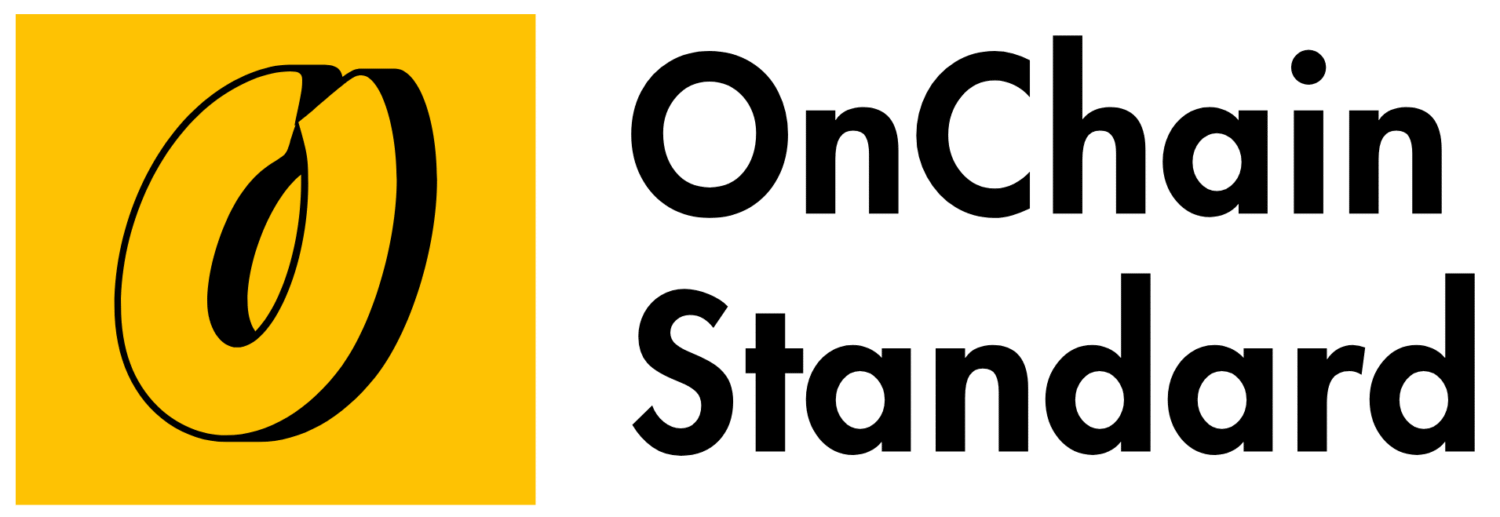10 ways to know that a particular crypto ICO is a scam?
Features of the Article for New Investors:
- Gain insights into the telltale signs of potential crypto ICO scams to make informed investment choices.
- Learn from recent scams like OneCoin and BitConnect to understand the tactics scammers employ.
- Acquire practical steps to evaluate ICOs, from scrutinizing whitepapers to verifying team credentials.
- Discover how to safeguard investments by identifying red flags and avoiding potential scams.
- Access trusted platforms like the OnChain Standard website to stay updated about ongoing scams and protect your investments.
exploited the excitement around ICOs, making it crucial for investors to exercise caution and due diligence. In this comprehensive guide, we delve into the telltale signs of potential crypto ICO scams, highlighting notable cases of fraudulent activities, and providing actionable steps to protect your investments.
Navigating the Maze: Recent Crypto Scams That Left Investors in Distress
Recent years have witnessed several high-profile scams and rug pulls that have shaken the crypto community’s trust. The infamous OneCoin scam, BitConnect, Bitclub Network, and the recent BALD scam have all left investors reeling from significant financial losses. These incidents underscore the importance of recognizing potential scams before they ensnare unsuspecting investors.
10 Ways to Detect a Potential Crypto ICO Scam:
- Unrealistic Promises: Beware of ICOs that promise excessively high returns with minimal risk. Scammers often entice investors with offers that are too good to be true.
- Lack of Transparency: A legitimate ICO will provide comprehensive and transparent information about its team, project, and goals. Lack of transparency raises red flags.
- Flawed Whitepapers: Scrutinize the ICO’s whitepaper for technical details and feasibility. If it lacks a clear plan or has inconsistencies, it could be a sign of a scam.
- Fake Team Members: Verify the identities and credentials of the team members. Scammers may create fake personas to lend credibility to their project.
- No Working Product: A reputable ICO should have a working prototype or at least a proof of concept. A lack of a tangible product could indicate a scam.
- Pressure to Invest Quickly: Be cautious of ICOs that pressure you to invest hastily, using tactics like limited-time offers or countdown timers.
- Copycat Projects: Scammers often mimic successful projects, using similar names or branding to confuse investors and capitalize on established projects’ reputation.
- Unregulated or Fake Endorsements: Verify endorsements from reputable individuals or institutions. Scammers may fabricate endorsements to gain credibility.
- Lack of Regulatory Compliance: Investigate whether the ICO complies with regulatory requirements in its jurisdiction. A failure to do so may indicate a potential scam.
- Unsecured Payment Methods: Be wary of ICOs that require payment in cryptocurrency only, especially if it’s a less-traceable or non-refundable method.
Staying Informed About Ongoing Scams:
- Vigilance in Communities: Engage in crypto communities to stay updated on potential scams and share experiences with other investors.
- OnChain Standard Website: The OnChain Standard website is a valuable resource for tracking and staying informed about ongoing scams, helping you avoid fraudulent ICOs and safeguard your investments.
In conclusion, vigilance and due diligence are essential when evaluating ICOs to protect your investments from potential scams. By recognizing red flags and staying informed through reliable sources like the OnChain Standard website, you can navigate the crypto landscape with confidence and mitigate the risks associated with fraudulent ICOs.




